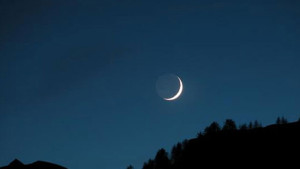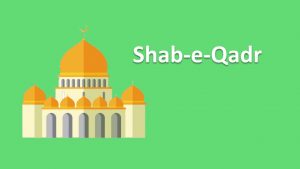The holy Eid-ul-Azha, the second biggest religious festival of Muslims has been celebrated in Bangladesh. This Eid was of special significance because its central theme is making sacrifice for the satisfaction of Allah Almighty It’s a tradition that has descended from Prophet Ibrahim (pbuh) who had been asked by the Almighty Allah to sacrifice his most dear son Ismail. When Prophet Ibrahim attempted to slaughter his son Ismail by closing his eyes, he miraculously found he had actually slaughtered an animal. Almighty Allah was satisfied by his spirit of sacrifice and asked an angel to remove Ismail from under the knife and instead place an animal there. The day of sacrifice now follows the performance of Hajj pilgrimage at the Arafah ground in Saudi Arabia. In Bangladesh Eid-ul-Azha is celebrated one day later as the Eid is linked to the lunar calendar and is dependent on the sighting of the moon.
Muslim pilgrims perform the main Hajj ritual around Mount Arafah where Adam and Eve had met each other on earth after being driven away from Eden for taking a forbidden fruit. The Hajj pilgrims then perform ‘tawaf’ – move round the holy Kaaba seven times – and perform ‘Sayee’ – run between Mounts Saafa and Marwa – recalling the hysterical running of Prophet Ismail’s mother Hazera between those to fetch water for him – at the dawn of religion based on divine scripts. The Pilgrims then offer their sacrifices. Devotees who do not perform hajj make the sacrifice on the occasion of the Eid. It’s a huge festival and according to one estimate nearly ten million animals – cattle and goats – are sacrificed in Bangladesh on the day. Apart from symbolizing the universal equality and brotherhood of man as devotees irrespective of differences of color, creed and wealth line up beside each other at Eid congregations, those who sacrifice animals share meat with those who do not have the financial means to do so. And this is one occasion when meat is cooked at all Muslim households in Bangladesh.
The Eid of sacrifice, however, is meaningless if it remains restricted to mere performance of rituals only. Devotees have to free their minds from evil influences to make the sacrifice meaningful and acceptable to the Creator. Just like the sacrifice of animals cannot satisfy the Almighty if their meats are not shared with poor neighbors and relatives, the celebration of the Eid cannot be meaningful if its essence of sacrifice for the satisfaction of the Creator is not reflected in real life throughout the year. (First published in The Asian Age, Dhaka, on 11 September 2016.)




